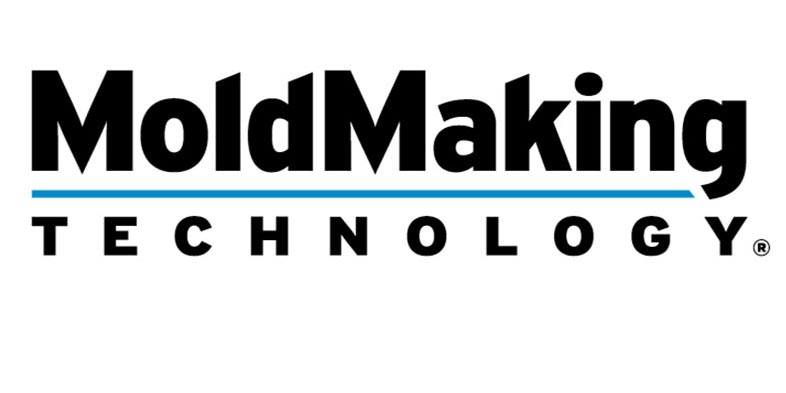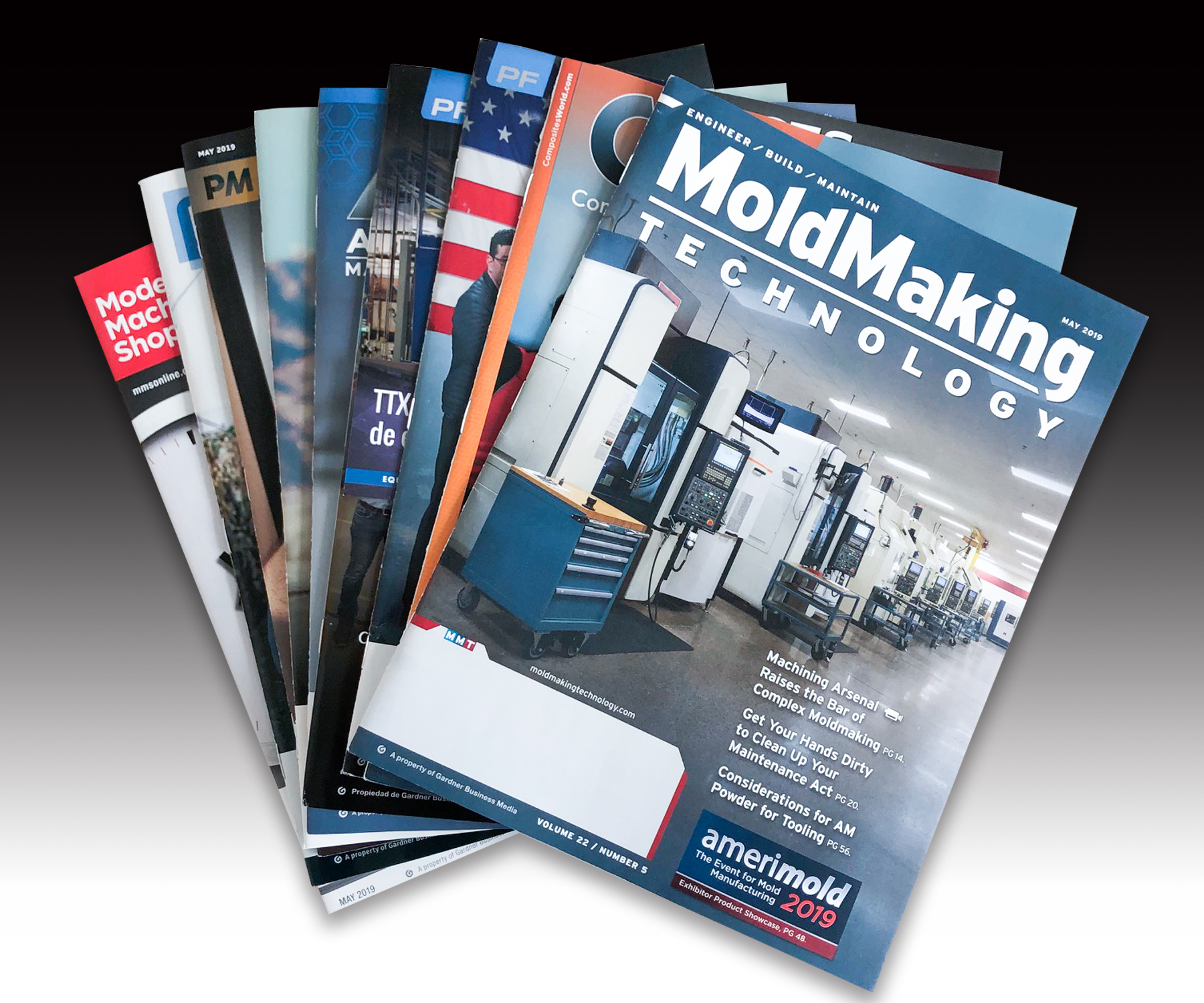Smith-Wyden Tax Framework to Boost U.S. Manufacturing
Bipartisan, bicameral tax framework advocated by NTMA and PMA seeks to reinstate several tax provisions for small- and medium-sized businesses to remain competitive.
The National Tooling and Machining Association (NTMA) and The Precision Metalforming Association (PMA) — together known as One Voice for Manufacturing — have highlighted the recent bipartisan, bicameral tax framework announced by House Ways and Means Committee Chairman Jason Smith (MO-08) and Senate Finance Committee Chairman Ron Wyden (D-OR).
The framework includes reinstating several important tax provisions that NTMA and PMA have advocated for to boost U.S. manufacturing, including:
- R&D expensing retroactive to Jan. 1, 2022 and through 2025 while eliminating the requirement to amortize and capitalize R&D activities;
- 100% full expensing (bonus depreciation) retroactive to Jan. 1, 2023;
- Full EBITDA standard for 163(j) business interest loan deductions retroactive to Jan. 1, 2023; and
- Increases to Section 179 small business expensing.
A January 2024 One Voice survey of NTMA and PMA members indicated that due to R&D being expired last year, 35% of respondents reduced their R&D activities. In addition, 41% of members surveyed reduced their capital investments due to expensing being reduced from 100% to 80% in 2023.
“I congratulate Chairmen Smith and Wyden for reaching agreement on this bicameral and bipartisan tax framework that is urgently needed by small- and medium-size manufacturers,” NTMA President Roger Atkins says. “Efforts to restore these tax provisions are essential to maintaining U.S. manufacturing competitiveness. American manufacturing is the backbone of this U.S. economy, and Congress needs to restore these provisions that help small businesses invest in capital equipment so that they can continue to grow.”
According to PMA President David Klotz, the lapse of R&D expensing alone is costing U.S. manufacturers millions. “This country has the most innovative manufacturers in the world, but we cannot fall behind China and other global competitors in continuing to invest in R&D,” Klotz says.
To learn more about economic developments in industry, read “U.S. Economy Indicates Prospects for Moldmakers” and “The Impact of International Trade Policy on Mold Manufacturing.”
RELATED CONTENT
-
Eden Tool, Eden Manufacturing Supports USA Workforce Tax Credit Act
Rep. Lloyd Smucker introduced the new legislation following a tour of the Pennsylvania-based mold builder’s facilities, highlighting discussions on the importance of exposure, training and education needed in manufacturing.
-
AMBA Urges Swift Passage of Tax Bill Critical to Mold Builders
The moldmaking industry is called to action to ensure the House and Senate take up the Tax Relief for American Families and Workers Act of 2024, critical for U.S. manufacturers to grow and maintain their businesses.











